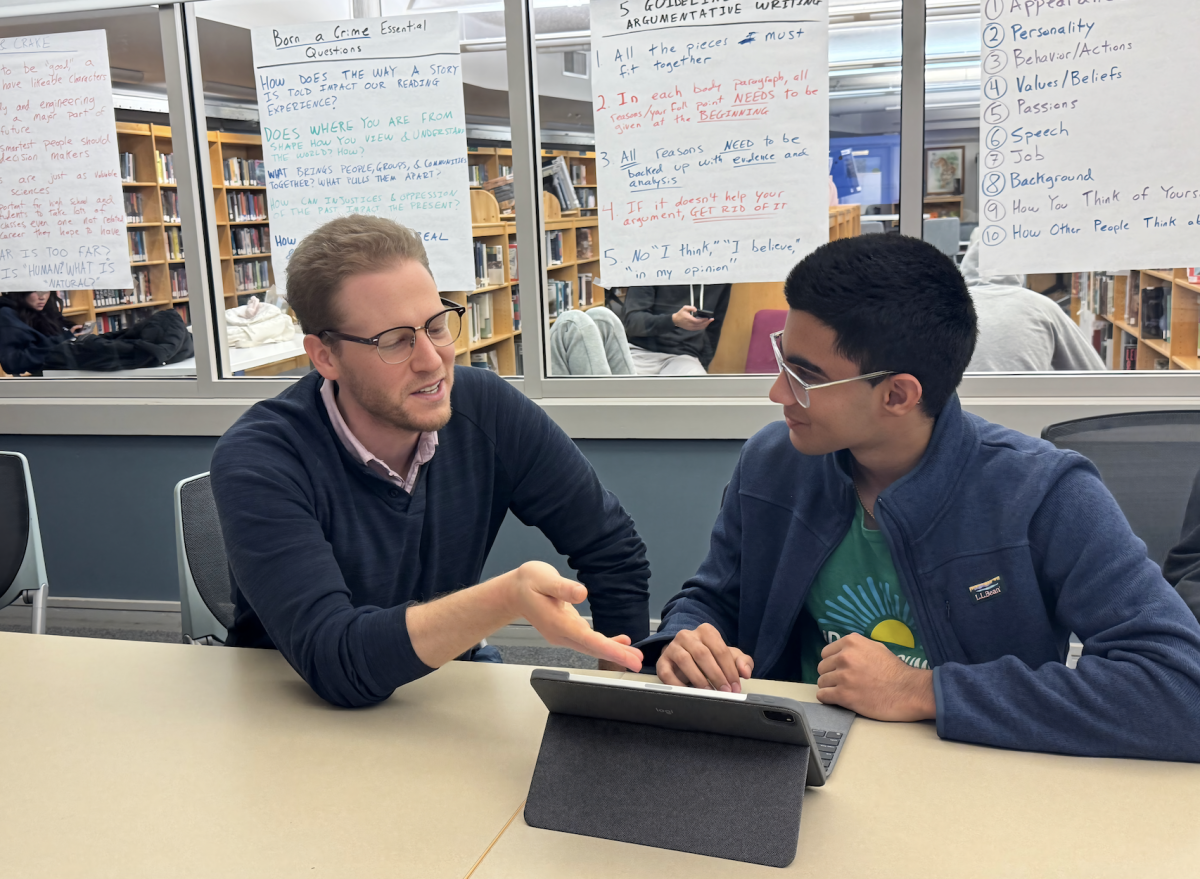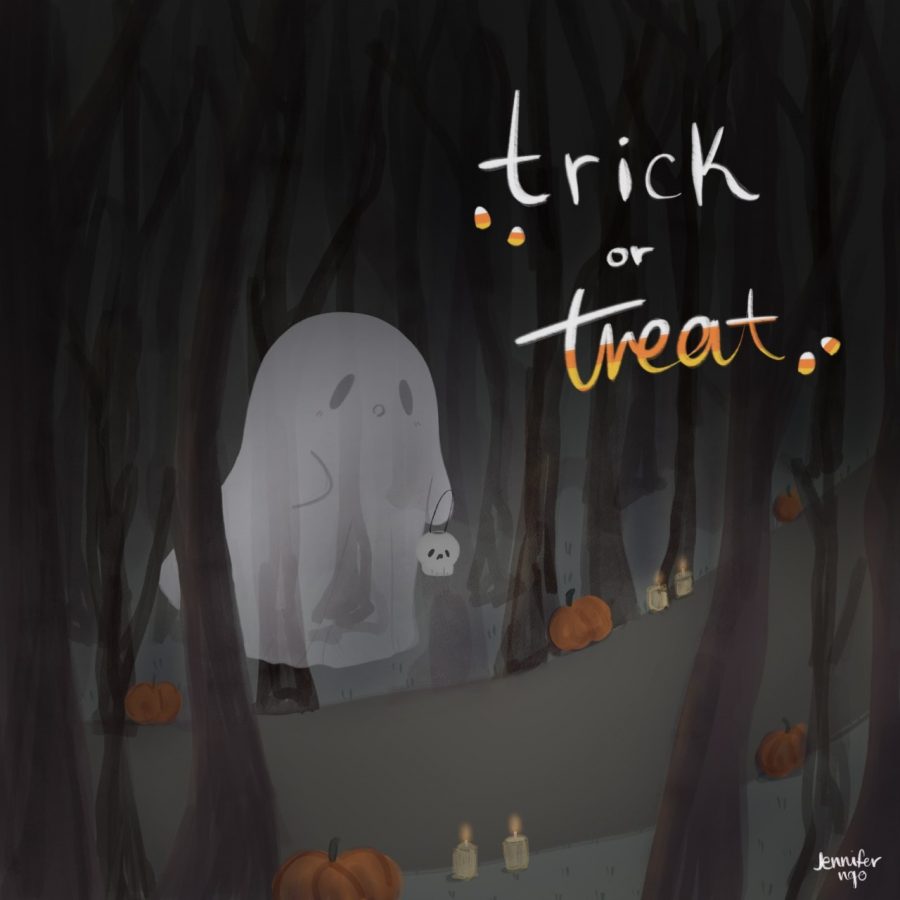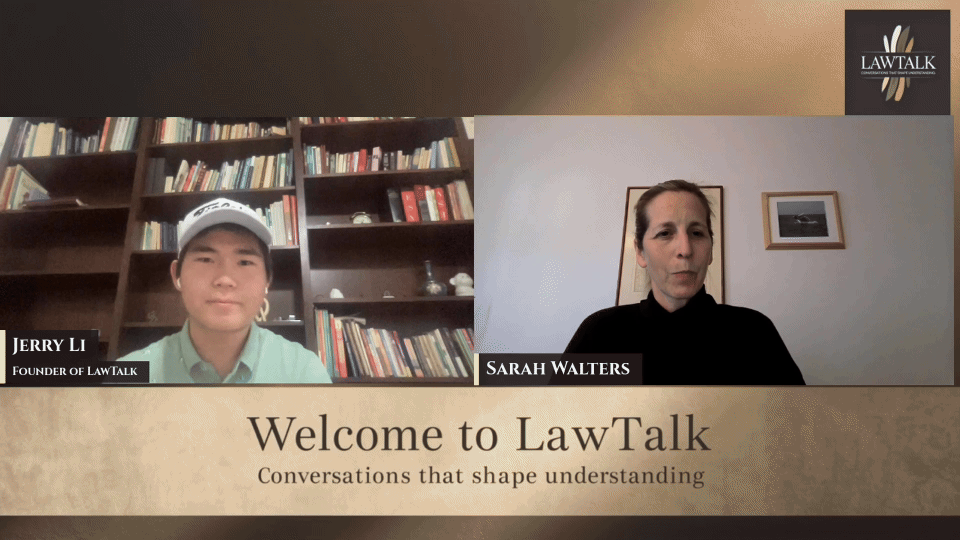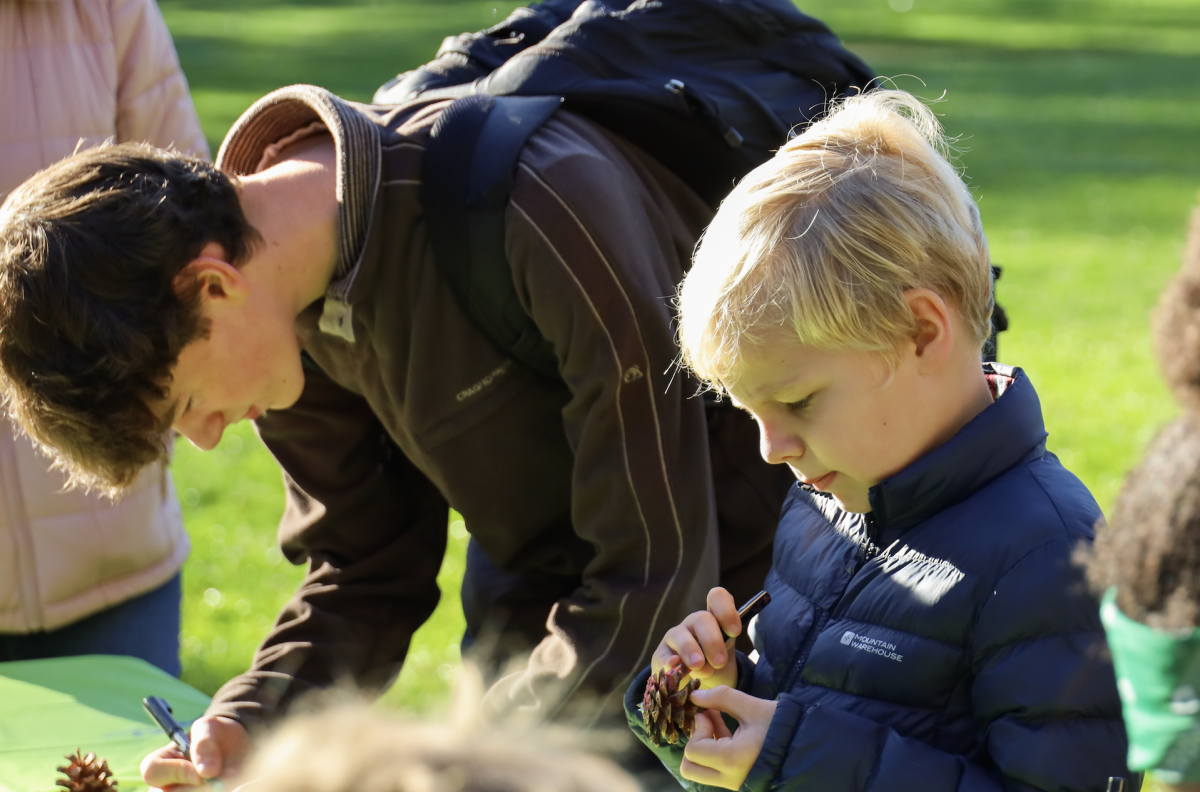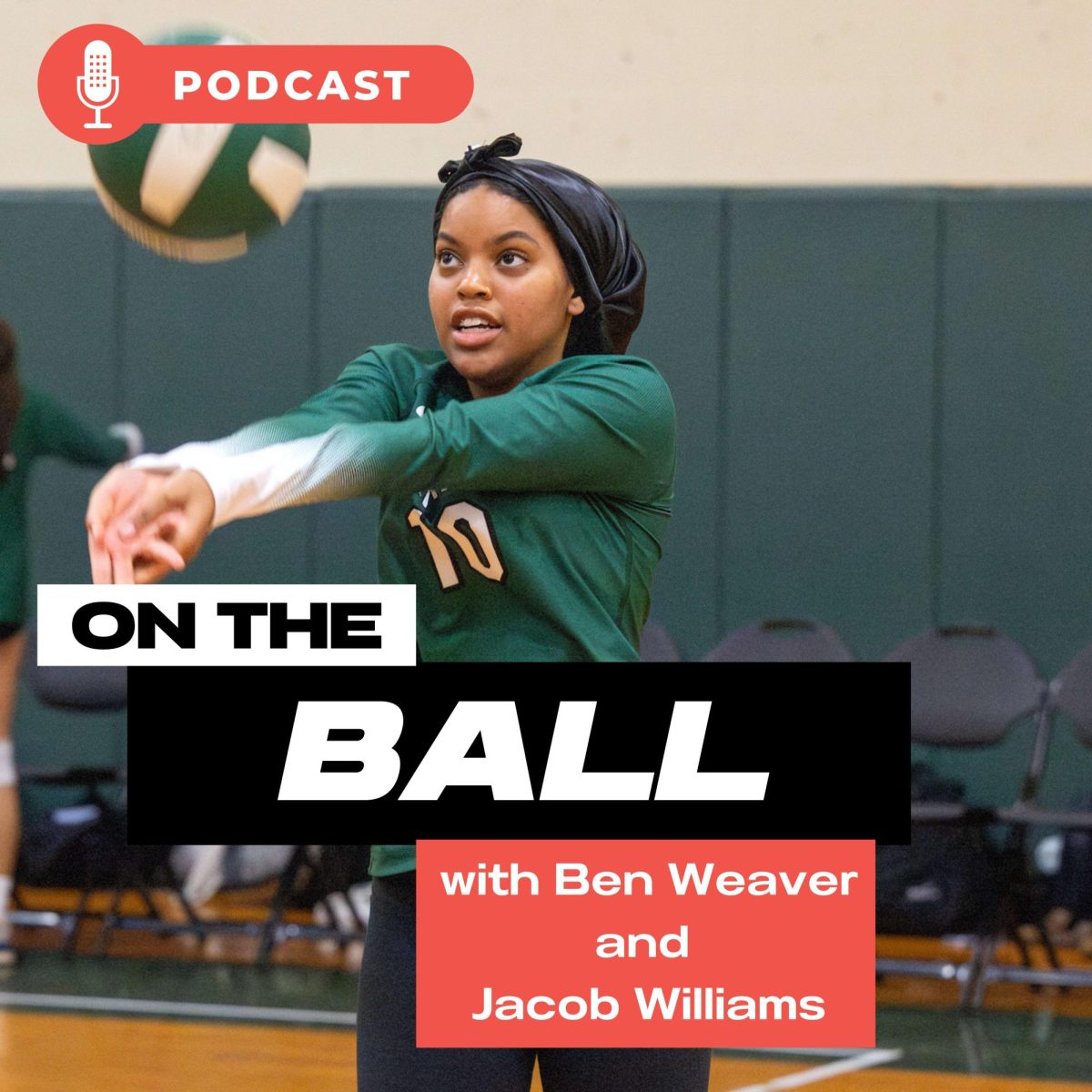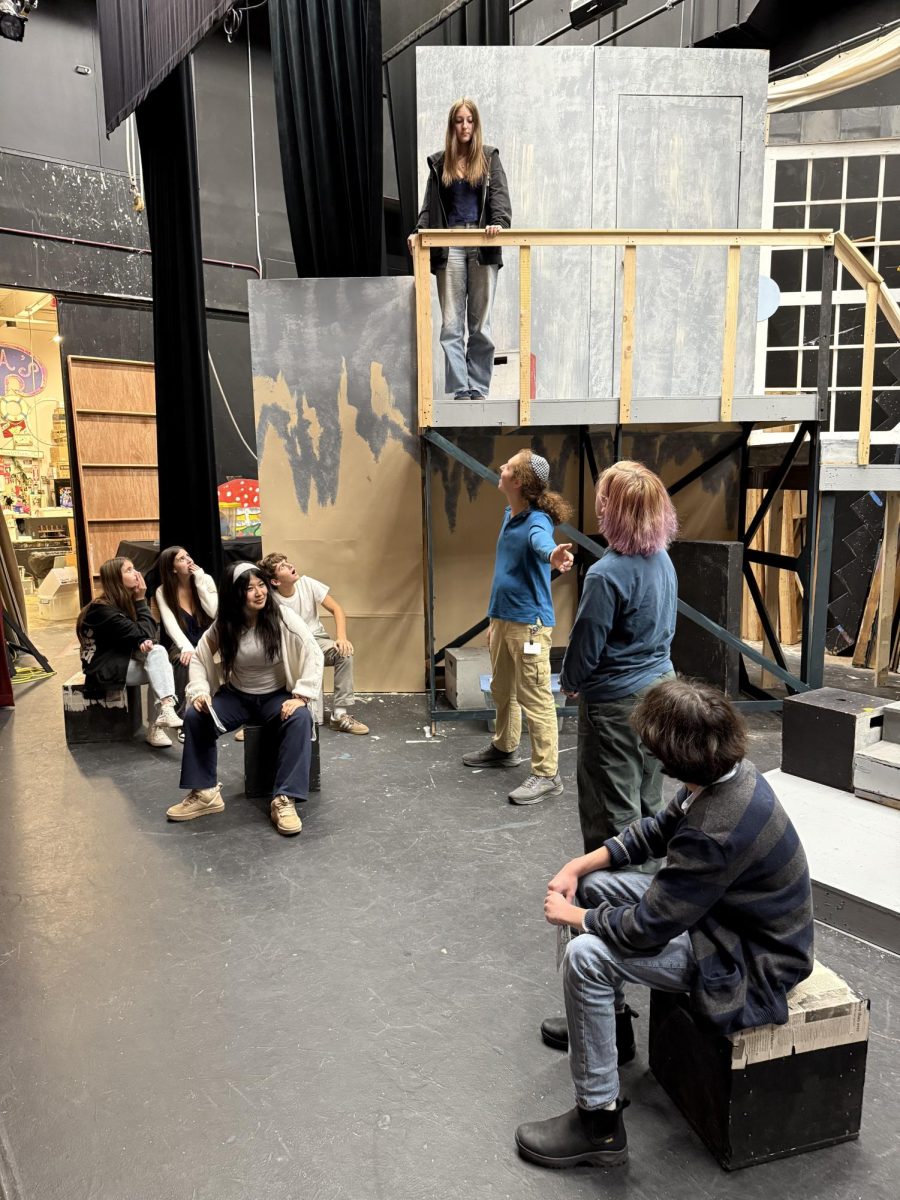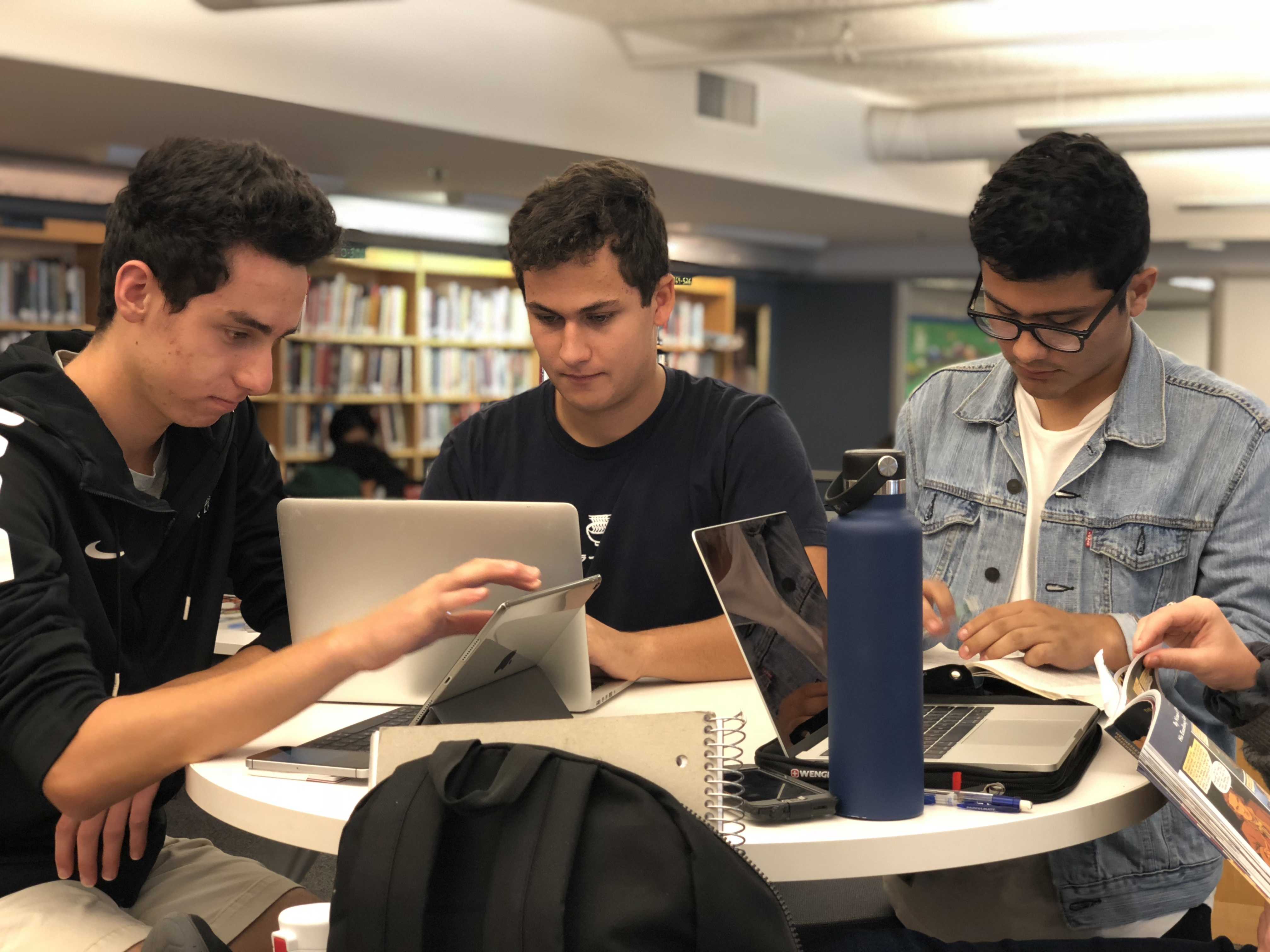
The School’s handbook says that free periods are meant to provide students with “opportunities to develop self-discipline, independence, and personal responsibility.”
Freshmen have to attend proctored study halls, while sophomores, juniors, and seniors have free periods.
For the most part, students said that they try to be productive during free periods to reduce their workload for that night. With the majority of Upper School students engaged in some after school activity, including sports or the musical, commitments often extend late into the evening.
Libby Foley ’20, who participates in the play and musical each year, has learned to value her limited free time at school.
“I always use my free periods to get work done because I am here until 6 PM or later every day. Sometimes I will also meet with teachers for extra help,” said Foley.
If teachers are not available, students can take advantage of the free help offered by the Math Lab and the Writing Center, which are both located in the Learning Commons.
Foley also said that she has “the perfect amount of free periods,” which for her is six per week, because she never has too much down time.
Many students also take the time to meet with personal or peer tutors to review topics introduced in class or get help with upcoming assignments.
“During one of my free periods, I meet with my tutor and it’s really helpful,” said Naila Silmi ’19.
Miles Munkacy ’20 also tries to be productive during his two free periods, usually getting the easiest work done in school.
“I work on the shortest assignment or the one that takes the least amount of energy, so I’m prepared for the rest of the day,” Munkacy said.
This strategy is common. For his part, Mark Donato ’19 says, he “works on smaller assignments.” He tries to complete as possible to reduce his nightly workload.
New student Hannah Liwerant ’22, who has several study halls in her schedule, admits that procrastination can become an issue near the end of the busy academic day.
“When study halls are near the end of the day, I tend to just relax and meditate,” said Liwerant. “But usually I try to be productive and succeed.”
Elias Kazin ’20, like most students, tries to use his free periods effectively. However, he sometimes will “get a bite to eat, rest, or talk with my friends.”
Taking a break isn’t always a waste of time. Several studies have found that “not taking regular breaks can lead to a significant decrease in academic performance and, in some cases, serious health concerns like anxiety, insomnia, and depression.”
Overall, most students are happy with the free period system, and find it useful for getting a head start on homework, connecting with teachers and tutors, or just chilling.

